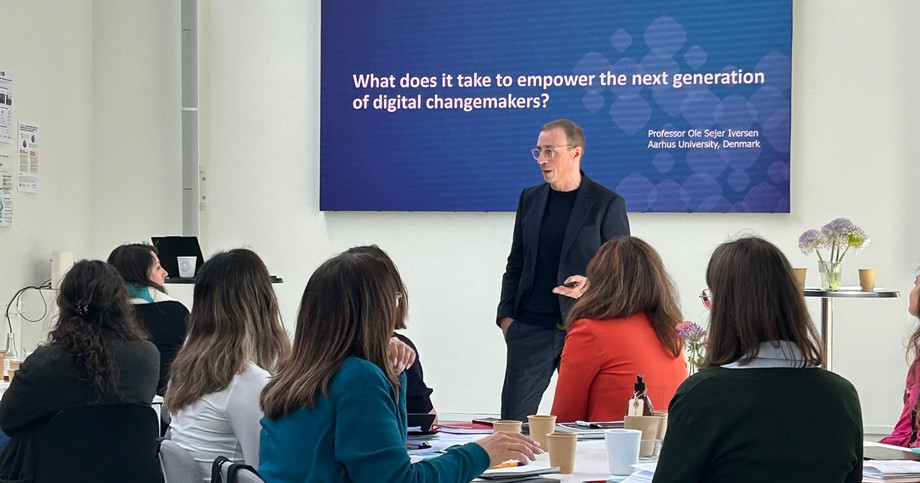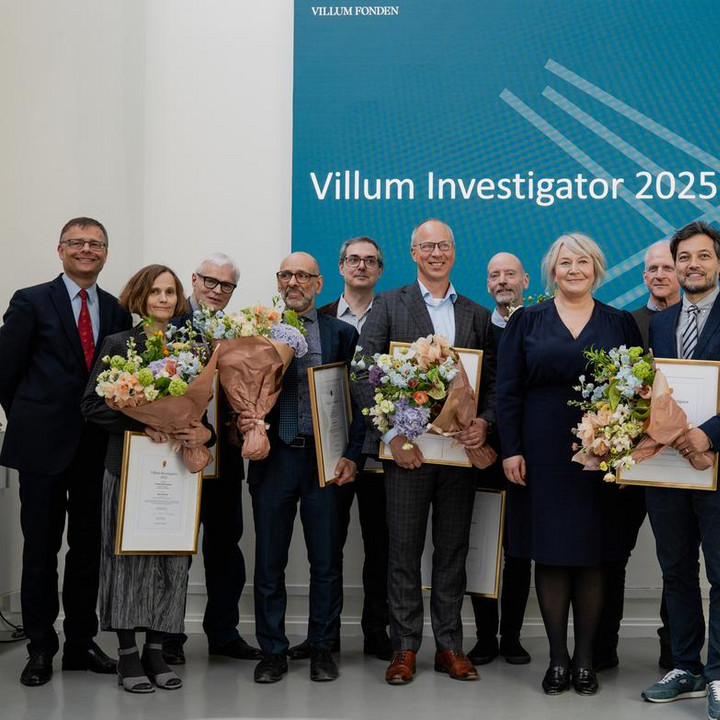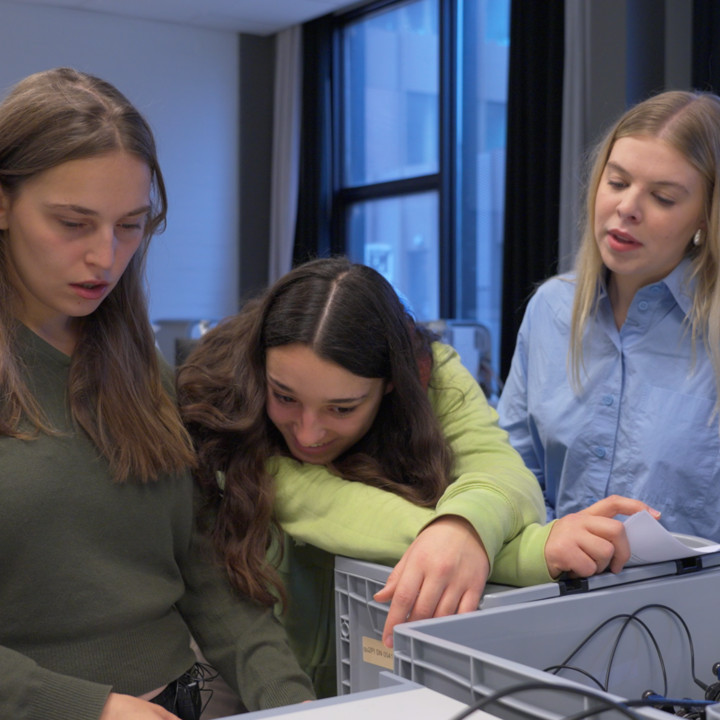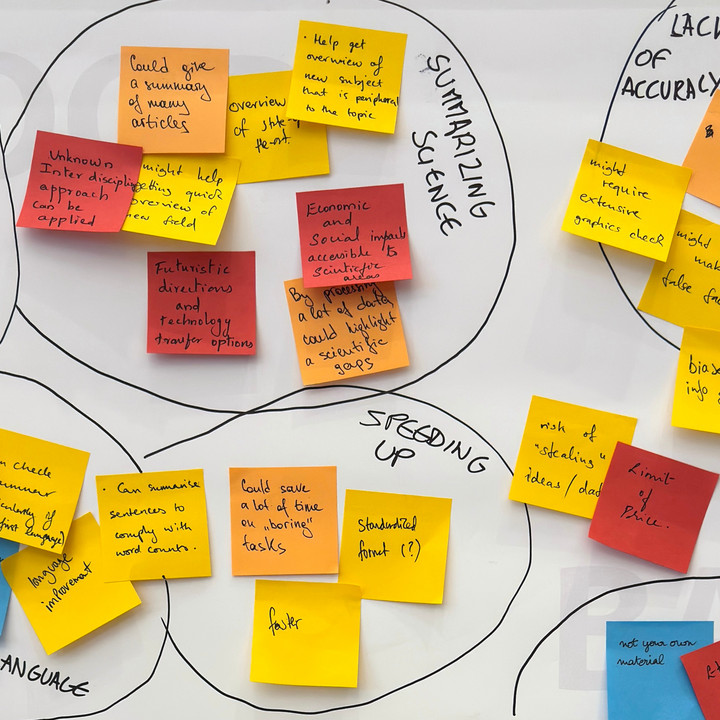Kicking off collaboration, inspiration and knowledge exchange in European youth and education

Last week, 13 organisations from France and Italy – all newly recipients of a grant from the Villum Foundation’s grant area European Youth and Education – came together in Copenhagen. The workshop marked the start of their shared journey to strengthen vocational education and training (VET) as a key driver for the green and digital transitions, fostering inclusion and ensuring that young people – particularly those from vulnerable backgrounds – are equipped to participate actively in shaping a sustainable and inclusive future.
The two-day event was designed not only as a networking opportunity but as a launchpad for collaboration, inspiration, and knowledge exchange. The participating organisations represented a diverse array of educational projects, all united by a common goal: supporting young people to thrive in an increasingly complex and fast-changing world.
Danish best practices on the agenda
To spark dialogue and fuel fresh perspectives, several Danish experts and practitioners were invited to share their experiences and best practices in vocational and educational training. Nina Groes, founder of the Boss Ladies initiative addressed the gender gap in technical education, illustrating how female role models can increase the number of women entering technical fields.
She also emphasised the importance of removing obstacles in the learning environments in order to retain female students. "One thing is attracting female talent to VET education. But if you are a female minority, there's a 74% risk of dropping out," she warned. She reminded participants of the broader labor market urgency: "By 2030, there will be 6.2 million workers lacking in Europe," she said, underlining the need to broaden the talent pool by supporting female students.
Maja Bødtcher-Hansen, principal at Frederiksberg Gymnasium, an upper secondary school, shared insights on citizenship pedagogy as a way to engage students from minority backgrounds in the active development of school activities. She emphasised the role of education in societal inclusion: "Education is a gateway to society. However, students with minority backgrounds have difficulties getting in."
Beyond technical skills
Professor Ole Sejer Iversen from Aarhus University, one of Denmark's leading researchers in digital technologies in primary and secondary education, delivered a powerful call to action: "We have an obligation to make every child part of the digital revolution. One of the reasons is democracy. The biggest threat to European communities right now is mis- and disinformation, which threatens to destabilise our society. Children and young people must learn how to differ, but this is lacking in almost all of our educational systems."
Allan Kortnum, CEO of Herningsholm – one of Denmark's three national climate vocational schools – stressed that preparing students for the green and digital transitions is also about teaching them how to critically and constructively engage with new technologies: "For instance, students in VET tend to have less knowledge about the reasons for climate change. But their readiness to take action is very high. This is both a challenge and a possibility," he said.
Common challenges, shared reflections
Beyond the keynotes, the workshop featured breakout sessions where participants shared experiences, explored common challenges, and reflected on how to push their projects – and the broader education system – forward.
Several cross-cutting themes emerged, including the balance between technical and soft skills in VET, strategies for recruiting and retaining qualified teachers, approaches to addressing language barriers in diverse classrooms, the importance of involving industry partners, and how to support those partners in training and mentoring students.
One participant pointed out the need for a cultural shift in education systems: "It is important to focus on the process instead of the results. Students must be comfortable about failure and not just focus on academic results."
Another participant underlined the role of leadership: "Improving VET is about leadership as the first step forward in changing very rooted culture and way of thinking."
Systemic change through collaboration
Reflecting on the workshop, Nicolas Schunck, Grant Area Director at Villum Foundation, emphasised the Foundation’s broader ambition: "At Villum Foundation, we strive to achieve lasting transformation by choosing projects with the potential to inspire and create change across systems. By bringing the projects together, we wish to help them connect and learn from each other – not only to realize their immediate goals but to extend their impact and drive systemic change. Hopefully, this workshop is just the beginning of that journey."
Read more about the European Youth and Education programme here.



